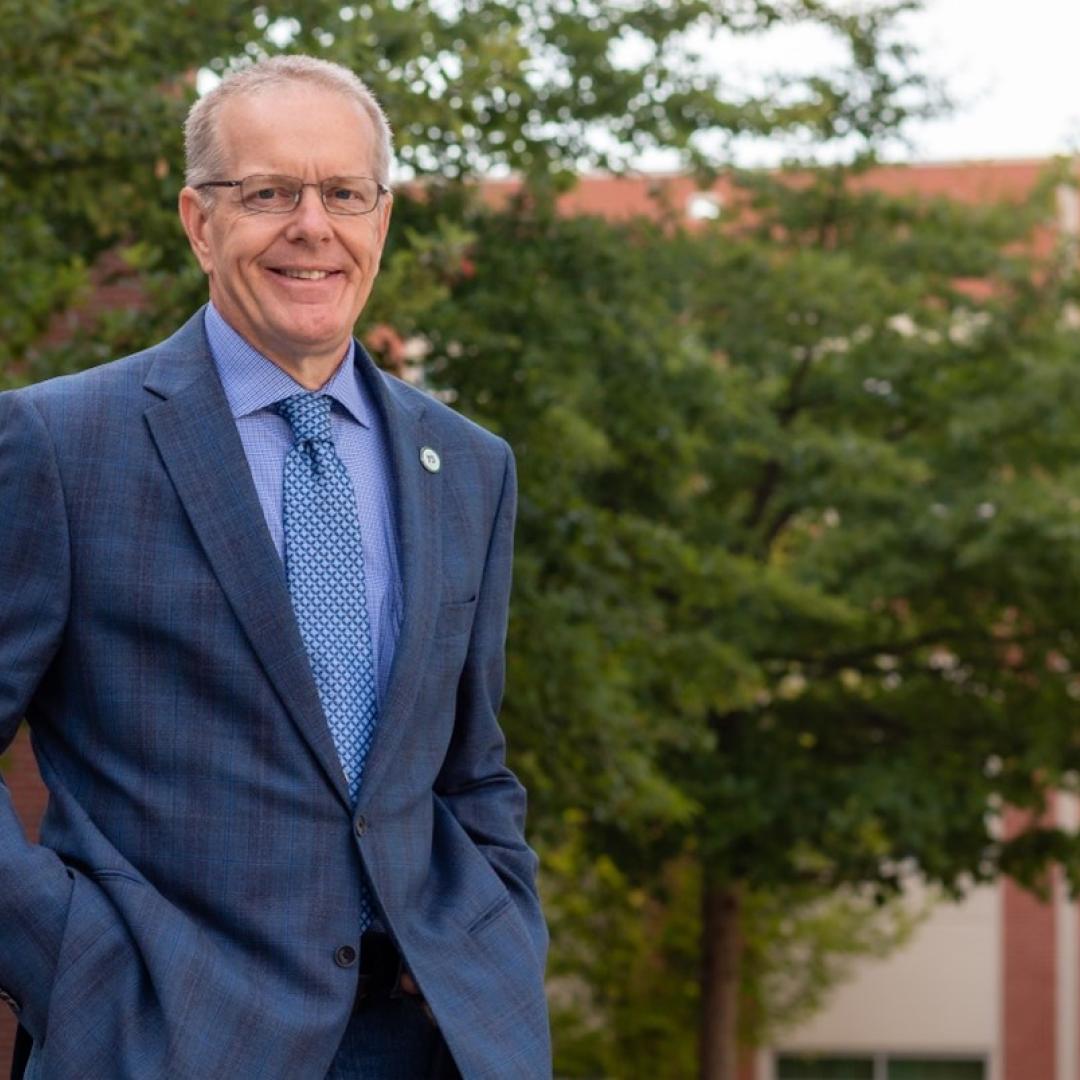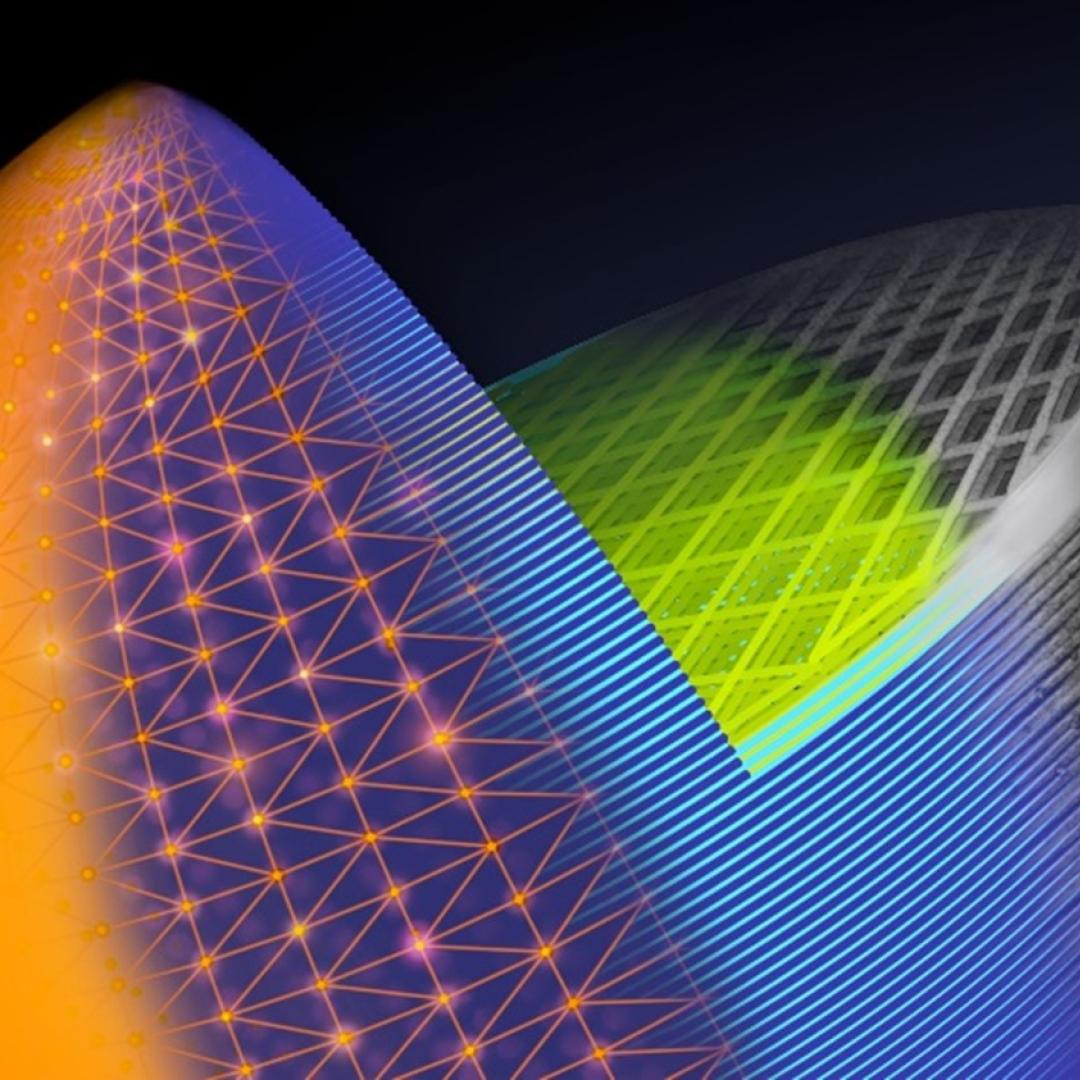
Filter News
Area of Research
- Advanced Manufacturing (7)
- Biology and Environment (37)
- Building Technologies (1)
- Clean Energy (72)
- Climate and Environmental Systems (1)
- Computational Biology (1)
- Computational Engineering (3)
- Computer Science (16)
- Electricity and Smart Grid (1)
- Energy Frontier Research Centers (1)
- Functional Materials for Energy (1)
- Fusion and Fission (13)
- Fusion Energy (9)
- Isotope Development and Production (1)
- Isotopes (26)
- Materials (126)
- Materials Characterization (1)
- Materials for Computing (21)
- Materials Under Extremes (1)
- Mathematics (1)
- National Security (32)
- Neutron Science (38)
- Nuclear Science and Technology (24)
- Nuclear Systems Modeling, Simulation and Validation (1)
- Quantum information Science (8)
- Supercomputing (109)
- Transportation Systems (1)
News Topics
- (-) Advanced Reactors (34)
- (-) Computer Science (187)
- (-) Cybersecurity (35)
- (-) Isotopes (53)
- (-) Materials Science (140)
- (-) Microscopy (51)
- (-) Molten Salt (8)
- (-) Nanotechnology (60)
- (-) Space Exploration (25)
- 3-D Printing/Advanced Manufacturing (121)
- Artificial Intelligence (91)
- Big Data (53)
- Bioenergy (91)
- Biology (98)
- Biomedical (58)
- Biotechnology (22)
- Buildings (57)
- Chemical Sciences (63)
- Clean Water (29)
- Climate Change (99)
- Composites (26)
- Coronavirus (46)
- Critical Materials (26)
- Decarbonization (79)
- Education (4)
- Element Discovery (1)
- Emergency (2)
- Energy Storage (108)
- Environment (194)
- Exascale Computing (37)
- Fossil Energy (5)
- Frontier (42)
- Fusion (54)
- Grid (62)
- High-Performance Computing (84)
- Hydropower (11)
- Irradiation (3)
- ITER (7)
- Machine Learning (47)
- Materials (144)
- Mathematics (7)
- Mercury (12)
- Microelectronics (3)
- National Security (61)
- Net Zero (13)
- Neutron Science (131)
- Nuclear Energy (108)
- Partnerships (44)
- Physics (61)
- Polymers (33)
- Quantum Computing (34)
- Quantum Science (69)
- Renewable Energy (2)
- Security (24)
- Simulation (47)
- Software (1)
- Statistics (3)
- Summit (57)
- Sustainable Energy (125)
- Transformational Challenge Reactor (7)
- Transportation (97)
Media Contacts
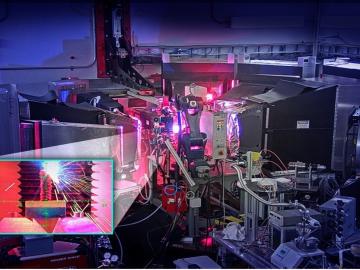
Technologies developed by researchers at ORNL have received six 2023 R&D 100 Awards.

It was reading about current nuclear discoveries in textbooks that first made Ken Engle want to work at a national lab. It was seeing the real-world impact of the isotopes produced at ORNL
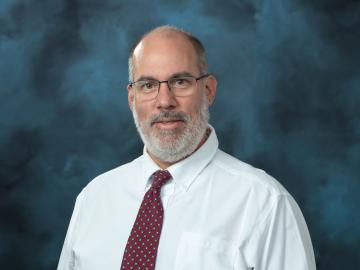
Eric Myers of ORNL has been named a senior member of the Institute of Electrical and Electronics Engineers, effective June 21.
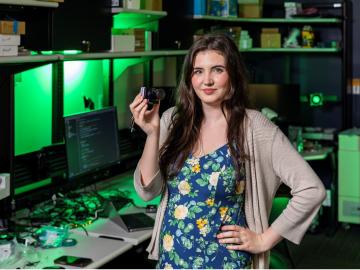
Tristen Mullins enjoys the hidden side of computers. As a signals processing engineer for ORNL, she tries to uncover information hidden in components used on the nation’s power grid — information that may be susceptible to cyberattacks.
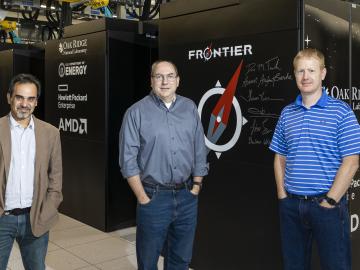
A research team from the Department of Energy’s Oak Ridge and Lawrence Livermore national laboratories won the first Best Open-Source Contribution Award for its paper at the 37th IEEE International Parallel and Distributed Processing Symposium.
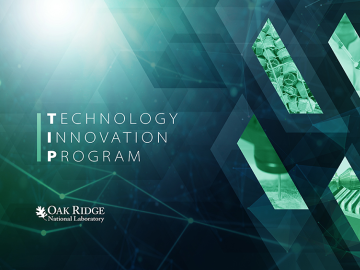
Scientist-inventors from ORNL will present seven new technologies during the Technology Innovation Showcase on Friday, July 14, from 8 a.m.–4 p.m. at the Joint Institute for Computational Sciences on ORNL’s campus.
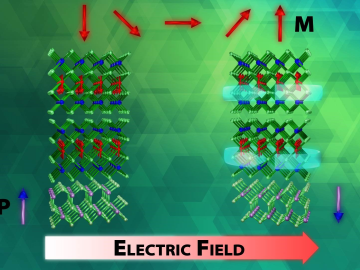
An advance in a topological insulator material — whose interior behaves like an electrical insulator but whose surface behaves like a conductor — could revolutionize the fields of next-generation electronics and quantum computing, according to scientists at ORNL.
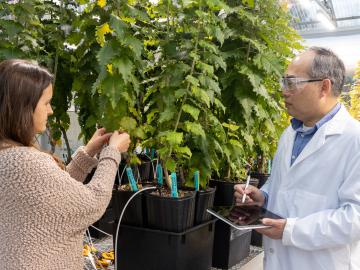
Nature-based solutions are an effective tool to combat climate change triggered by rising carbon emissions, whether it’s by clearing the skies with bio-based aviation fuels or boosting natural carbon sinks.
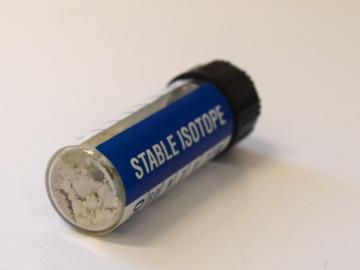
ORNL’s electromagnetic isotope separator, or EMIS, made history in 2018 when it produced 500 milligrams of the rare isotope ruthenium-96, unavailable anywhere else in the world.
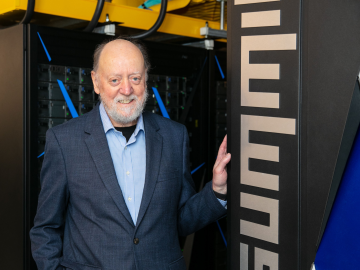
Computing pioneer Jack Dongarra has been elected to the National Academy of Sciences in recognition of his distinguished and continuing achievements in original research.


